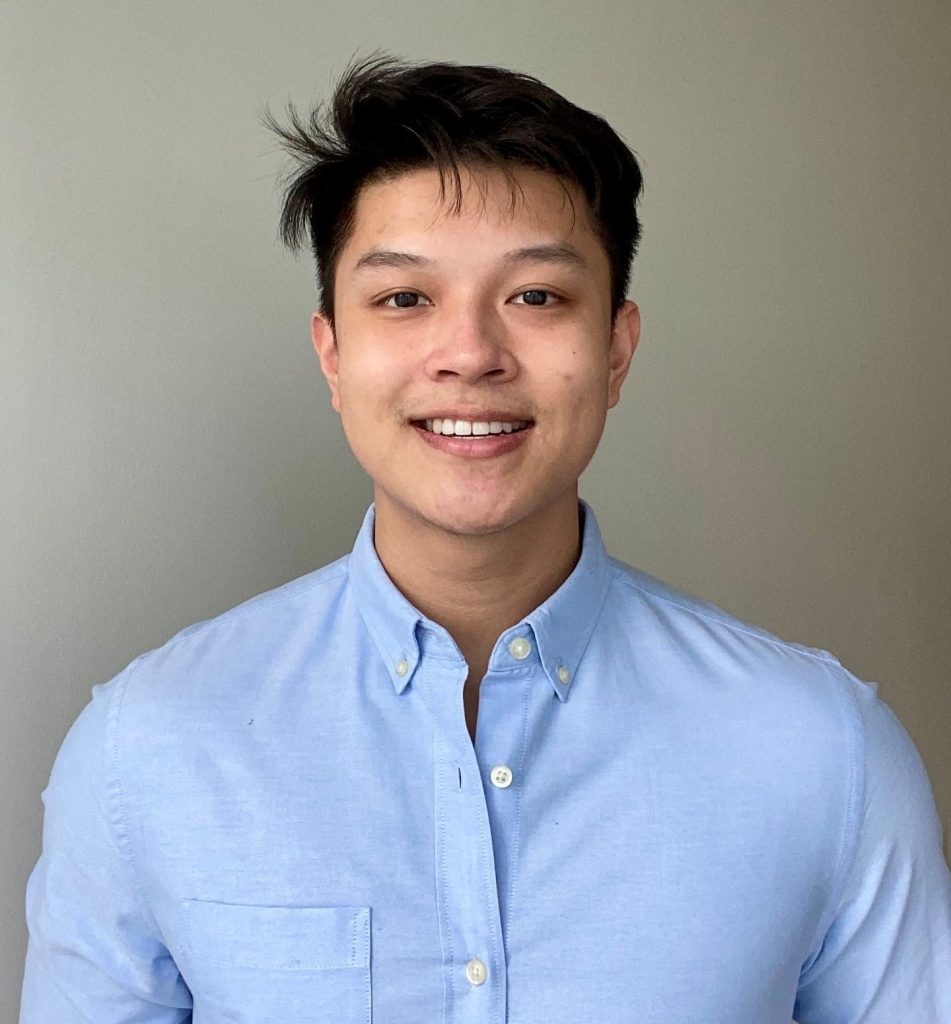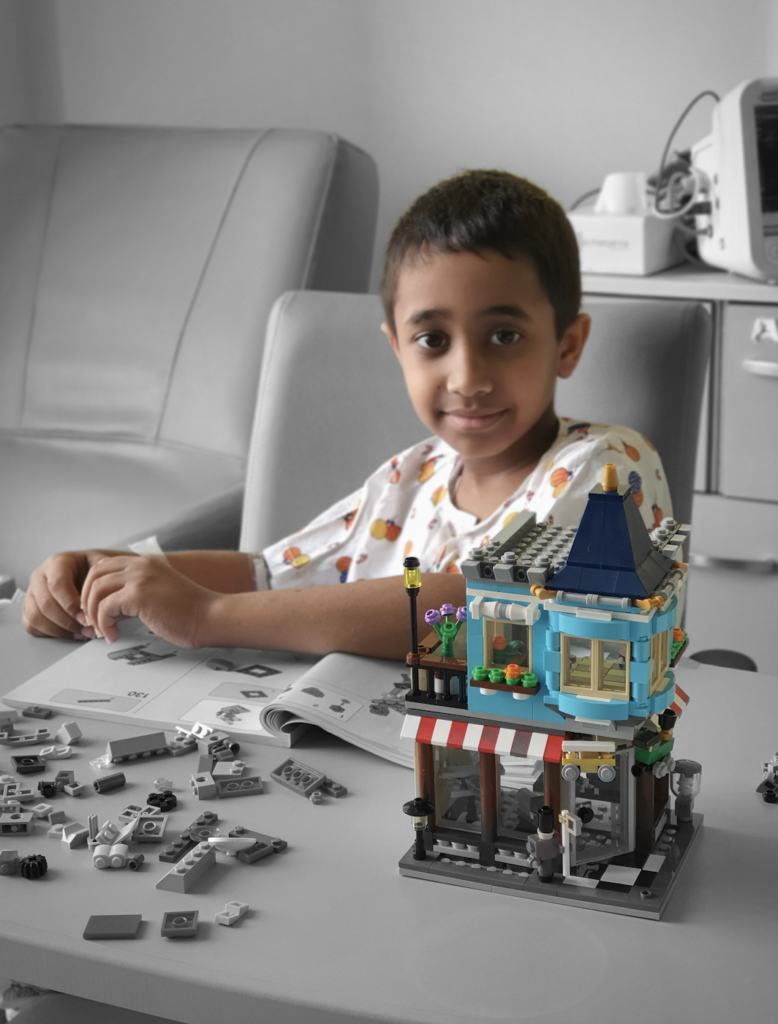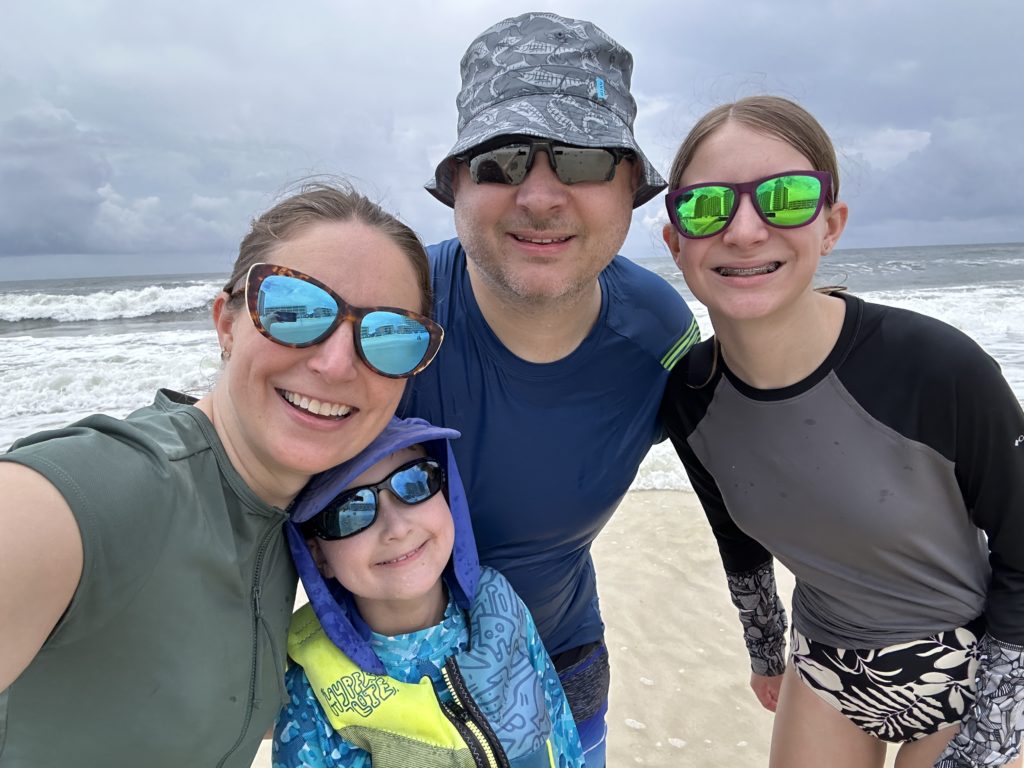The stats:
Name: Tai Nguyễn
Institution: University of Pennsylvania (Philadelphia, Penn., USA); formerly University of Washington (Seattle, Wash, USA)
Area of expertise: CRISPR, cancer
My work:
My fascination in DNA repair began in my introductory biology class while I was an undergraduate student. Learning about how these intricate mechanisms maintain our genomic stability and protect against cancer sparked my interests in this field, propelling me to study Fanconi anemia (FA).
As an undergraduate research assistant in Ray Monnat’s Lab at the University of Washington, I helped lead the effort to establish the Fanconi Anemia Cancer Cell Line Resource (FA-CCLR). This collaborative effort, involving multiple institutions worldwide, has provided a valuable tool for the FA scientific community to enhance our knowledge of FA-associated cancers. By leveraging this resource, scientists are able to delve into underlying mechanisms of FA-associated malignancies, ultimately contributing to improved treatment options and outcomes for patients.
As a physician-scientist-in-training, my involvement in the FA community and contribution to the FA-CCLR was a pivotal step toward my goal of making a tangible impact on rare cancer-predisposing diseases. I aspire to pursue a career at the forefront of scientific and medical research, where I can actively contribute to enhancing our understanding and treatment of these complex conditions at the basic science level.


What motivates me to work on FA:
My biggest motivators are people with FA and their families. Witnessing the strength, positivity, and courage of the FA community at my first FARF Scientific Symposium was truly inspiring and transformative. It was during my interactions with patients and families that I realized the profound impact my work in the lab can have on their lives. Their resilience and unwavering spirit became infectious and humanized my research. I am incredibly grateful to be part of this community, and it continually fuels my passion and dedication to finding solutions for FA patients.
When I’m not in the lab, you could find me:
Spending quality time with my friends and family, powerlifting, or hiking!
Anything else you want FA families to know?
To all the FA families out there, I want you to know that there is a lot to be hopeful about when it comes to FA-associated cancers. The medical and scientific communities are constantly evolving, and we are continuously learning more and progressing in understanding and treating these conditions.




